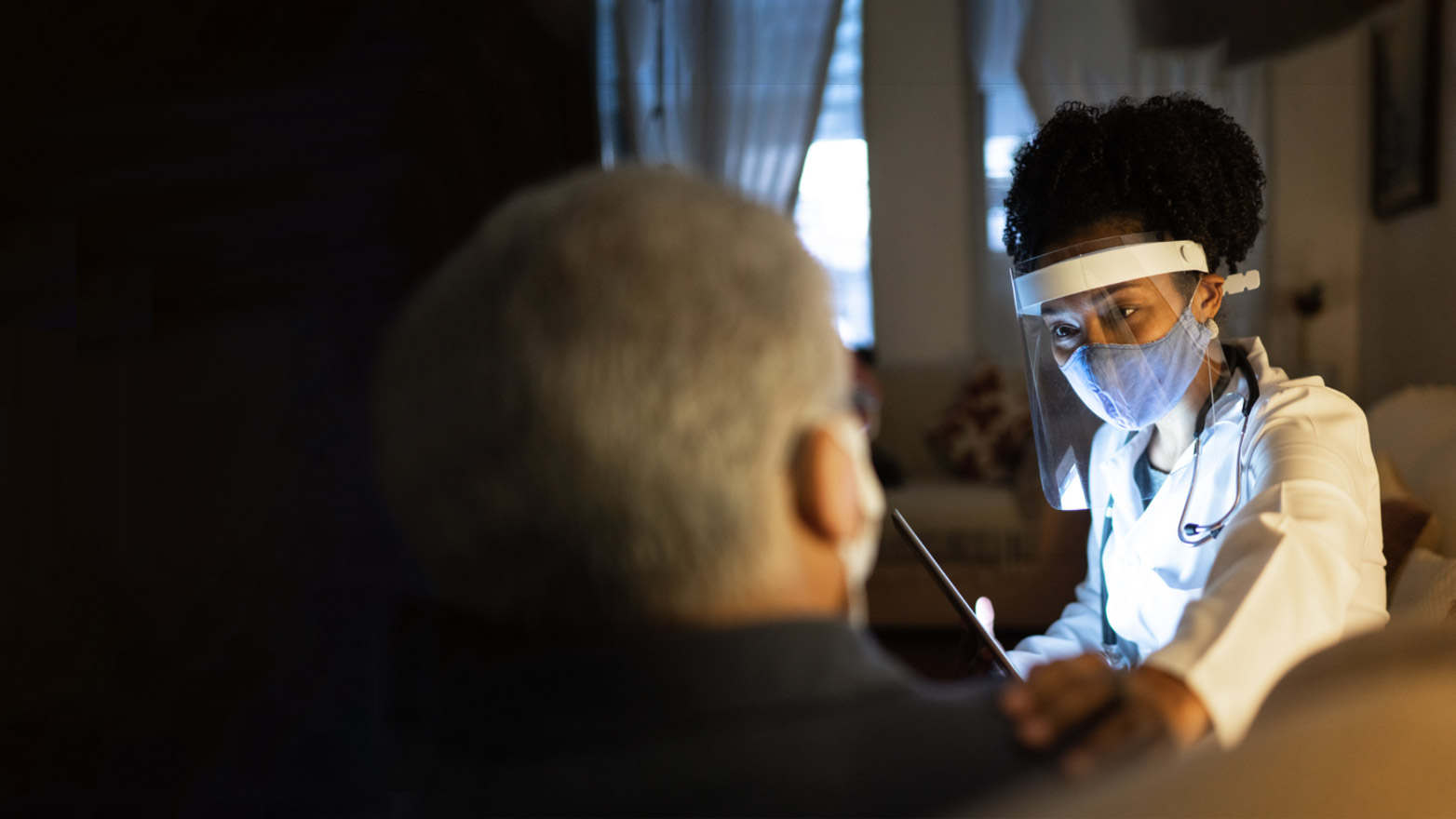Long-standing systemic injustices—in housing, income, education, and healthcare access—have led to a disproportionate impact of the COVID-19 pandemic on underserved communities. To make progress on health equity, programs need to be put in place to provide equal access and opportunity for healthcare and other social services.
Using Advanced Technology to Connect Communities With the Right Information
In June 2020, the U.S. Department of Health and Human Services Office of Minority Health awarded Morehouse School of Medicine (MSM) a $40 million grant to fight COVID-19 in racial and ethnic minority, rural and other communities disproportionately impacted by the pandemic. With support from KPMG, MSM immediately began to develop a platform that gathers critical resources and data on COVID-19 to connect families to culturally and linguistically appropriate information and services.
Building the National COVID-19 Resiliency Network with Salesforce
MSM needed a way to link underserved populations to educational information, resources, and services. To do this, MSM collaborated with KPMG to build a community health portal using Salesforce technology for members of the National COVID-19 Resiliency Network. The KPMG Signals Repository — a database made up of various data points from the Centers of Disease Control and Prevention, state and local public health agencies, and academic centers — powers the data collection technology for the platform.
Moving the Needle on Health Equity
Morehouse School of Medicine collaborated with KPMG and Salesforce to connect underserved communities with COVID-19 resources

